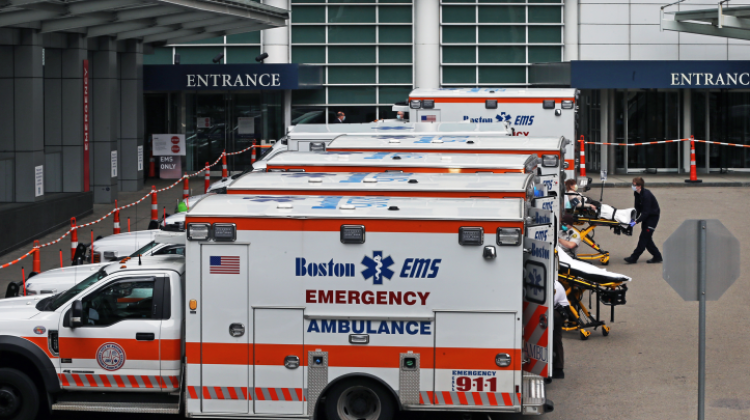Activating Community Teams for Emergency Medicine

Image Credit: Jim Davis/Boston Globe via Getty Images
How can emergency medical services adapt their models of care to better serve vulnerable and marginalized populations? Building on more than five years of analysis of Boston Emergency Medical Services (EMS) data, a team of researchers from MIT and Boston EMS highlights how the creation of community assistance teams better aligns services with patient needs and improve EMS operations broadly.
Their findings are available via a new paper for Health Care Management Science, “The policy case for designating EMS teams for vulnerable patient populations: Evidence from an intervention in Boston.”
Authors of the paper include DUSP’s Mark Brennan (PhD ‘20) and Justin Steil, MIT Sloan’s Jónas Jónasson, as well as Boston Emergency Medical Services’ Dr. Sophia Dyer, James Salvia, Laura Segal, and Erin Serino.
“Emergency medical service agencies are increasingly being asked to address societal issues of homelessness and addiction. Having EMS teams with specialized training who can best support patients facing these challenges and connect them to appropriate resources and social services benefits everyone.”
“Community assistance teams can be powerful because they have more opportunities to develop trust with patients and to deliver additional types of care that may work better in these important and challenging contexts. ”


